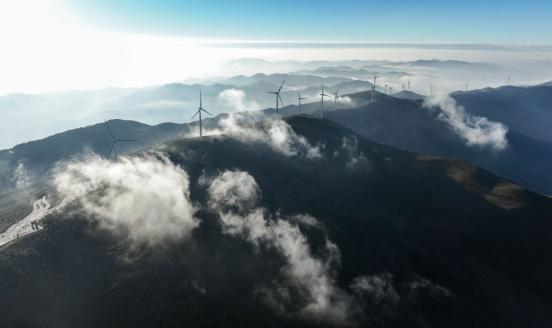Industrial Policy, Green Subsidies, and the WTO
Speakers
Carolyn Deere Birkbeck
Founder and Executive Director, TESS Forum
Ilaria Espa
Associate Professor of International Economic Law, USI, Università della Svizzera italiana
Julia Nielson
Deputy Director, Trade and Agriculture Directorate (TAD), OECD
Agenda
Conversation
15:00-16:00- Chair: David Kleimann, Visiting fellow
- Ignacio Garcia Bercero, Director , European Commission, DG Trade
- Carolyn Deere Birkbeck, Founder and Executive Director, TESS Forum
- Ilaria Espa, Associate Professor of International Economic Law, USI, Università della Svizzera italiana
- Julia Nielson, Deputy Director, Trade and Agriculture Directorate (TAD), OECD
Vast amounts of green industrial subsidies are now being dispersed to accelerate the transition to net-zero greenhouse gas emissions and to boost competitiveness. They are starting to generate international trade and political frictions between the world’s largest economies and sow divisions among governments of poorer and richer nations. At the same time, public financing of green industrial policies increasingly places national industrial decarbonisation efforts on a collision course with international subsidy rules and national countervailing duty laws and regulations.
International cooperation will be essential to defuse such tensions before they escalate and impede effective climate policy rollouts, e.g. by triggering economic countermeasures that create new barriers to trade in environmental goods, by undermining political support for the transition to net-zero in third country jurisdictions, and by reinforcing international conflict lines. Options for international cooperation could include convergence around a code of conduct, best practices or other forms of ‘soft law’, or even updated international rules in ways that guide national public authorities towards minimizing negative cross-border economic spillovers and maximizing environmental externalities of green subsidies at the same time. Greenlighting a category of first-best, capping second best, and reiterating prohibitions of entirely undesirable green subsidy practices may present a pragmatic approach.
International cooperation will also be needed to ensure that the perspectives of countries at different levels of development are reflected, along with wider considerations of sustainable development and fairness in the context of international commitments to a just transition to net zero. A related issue for consideration is where technical and political deliberations in this area could be advanced. Possible options include the G7, the G20, the OECD, the WTO’s Trade and Environment Committee, and WTO Trade and Environmental Sustainability Structured Discussions (TESSD), and the Coalition of Trade Ministers on Climate.
This event was organised within the project TISMA II/ NIESA, with Financial support of Pool Fund on International Energy (PIE), hosted by the European Climate Foundation.








